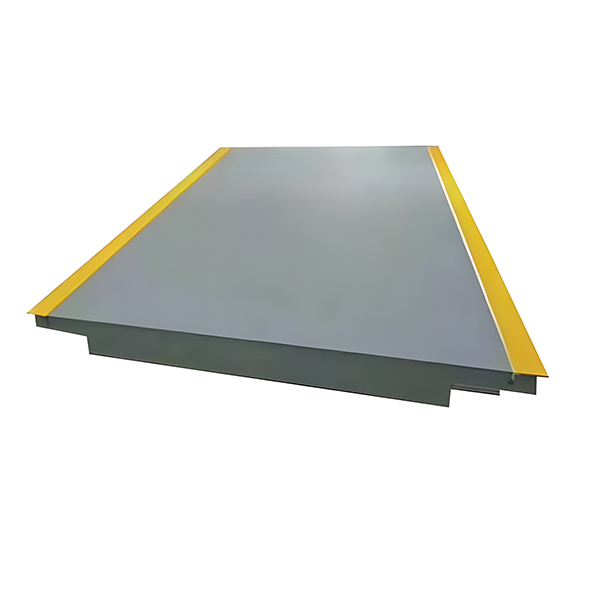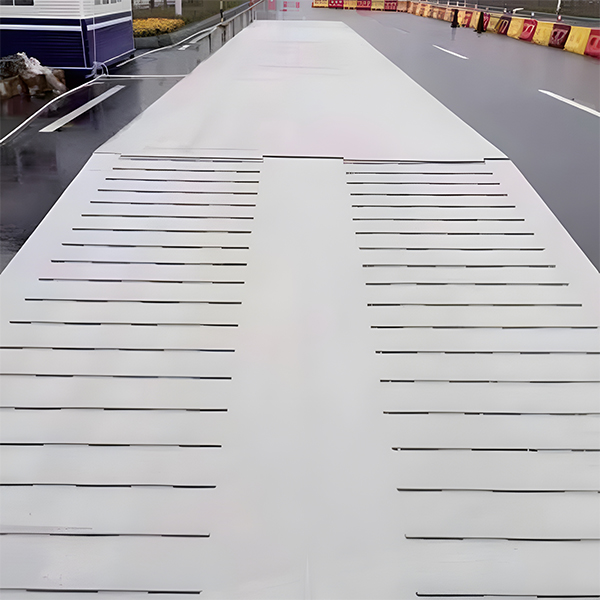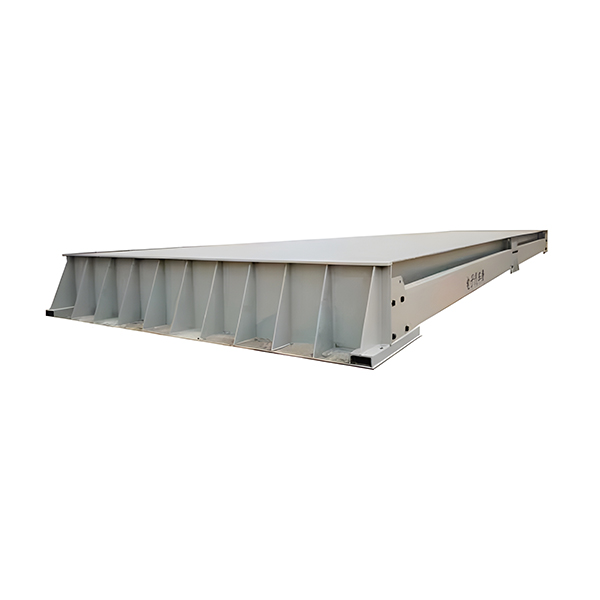Web Menu
Product Search
Exit Menu
Do truck scales need to be calibrated regularly?
Truck scales need to be calibrated regularly to ensure their weighing accuracy and system stability. The following is a detailed introduction to the importance and specific content of regular calibration of truck scales:
1. Ensure weighing accuracy
Over time, the sensors of the truck scale may experience slight deviations due to wear, environmental changes, or mechanical structural changes. Regular calibration can promptly detect and correct these deviations, ensuring accurate weighing data and avoiding economic losses or management confusion caused by errors.
2. Comply with regulatory requirements
In many countries and regions, measuring equipment used for trade settlement, such as truck scales, must undergo regular legal metrological verification or third-party calibration to comply with national or regional metrological regulations, ensuring fair trade and legal use.
3. Improve equipment stability
The calibration process not only checks the accuracy of data, but also detects abnormal problems in the equipment, such as sensor damage, loose wiring, etc., in order to maintain it in a timely manner and avoid equipment failures at critical moments.
4. Reduce customer or regulatory disputes
For truck scale equipment that frequently provides external services or billing (such as logistics, mining, building materials companies, etc.), regular calibration can provide compliant weighing basis, reduce customer complaints or regulatory review issues caused by weighing errors, and enhance corporate reputation.
5. It is recommended to calibrate the frequency
It is generally recommended to perform standard calibration every 6 months to 1 year, and the specific time interval can be determined based on usage frequency, usage environment (such as humidity, temperature difference), and whether it is used for commercial transactions. Special industries such as chemical and mining may require more frequent calibration.
6. Calibration method
Calibration is usually truckried out by qualified professional metrology institutions, using standard weights or simulated loads for comparison and adjustment. At the same time, key parameters such as zero drift, linear error, and angular difference will also be checked to ensure the consistency of the weighing of the entire platform.
-
Add: Building 3, No. 355, Xiangshan East Road, Binhai Economic Development Zone, Cixi City, Ningbo, Zhejiang, China.
-
Tel: +86-18969402526
-
Phone: +86-0574-86817102
-
E-mail: [email protected]

 English
English 中文简体
中文简体





